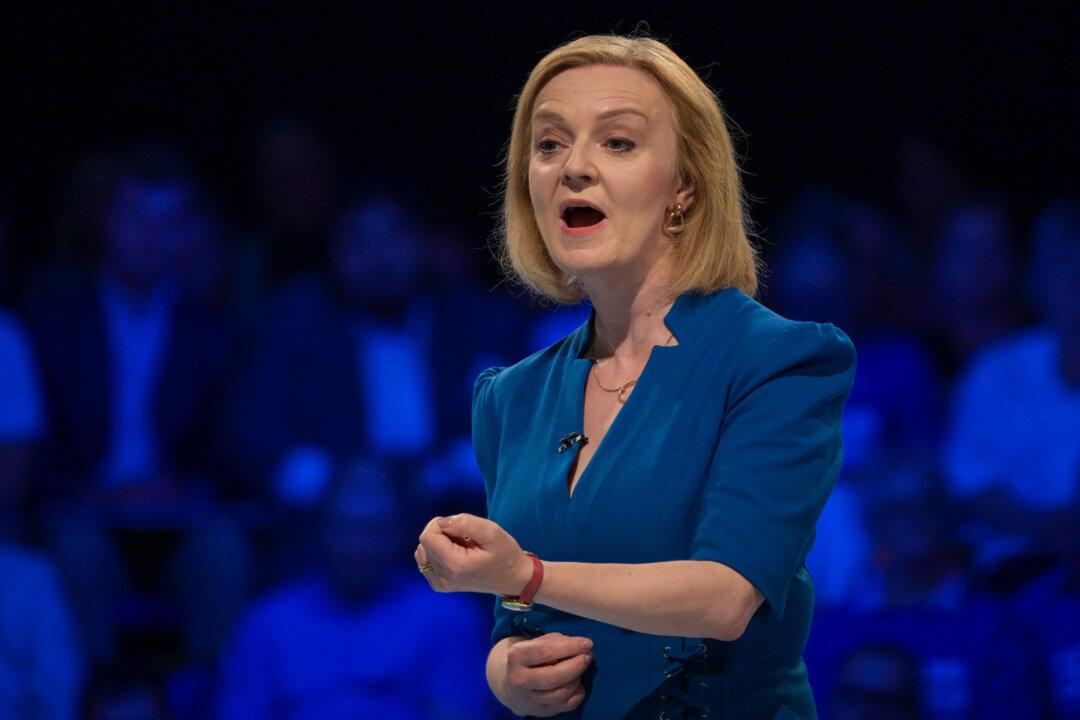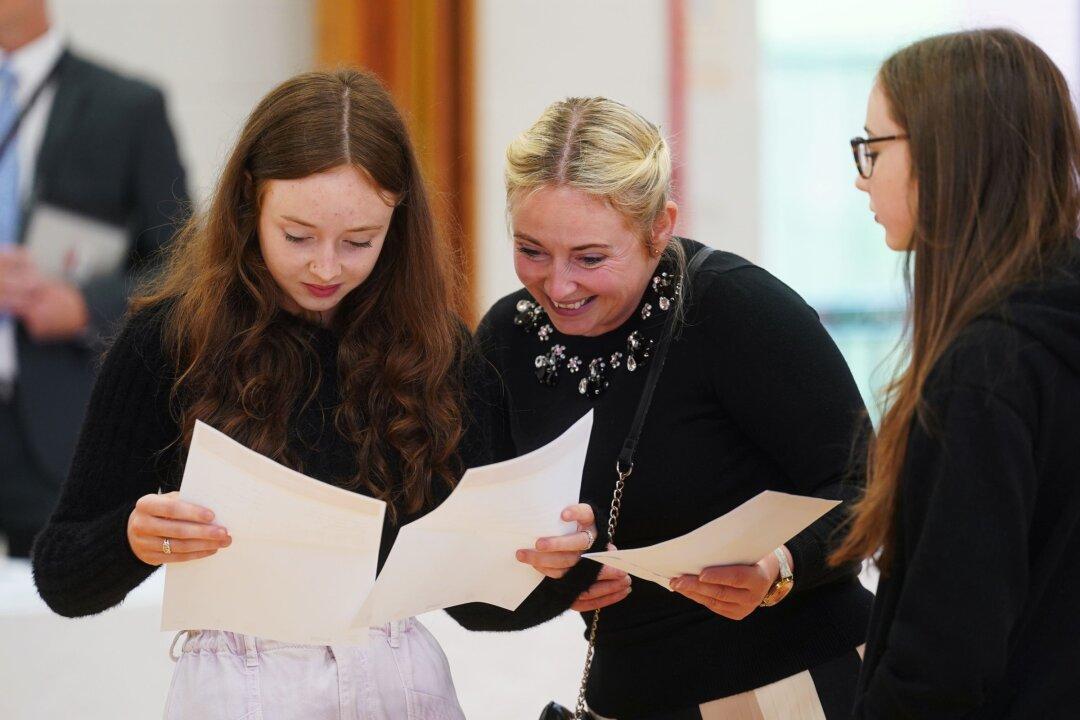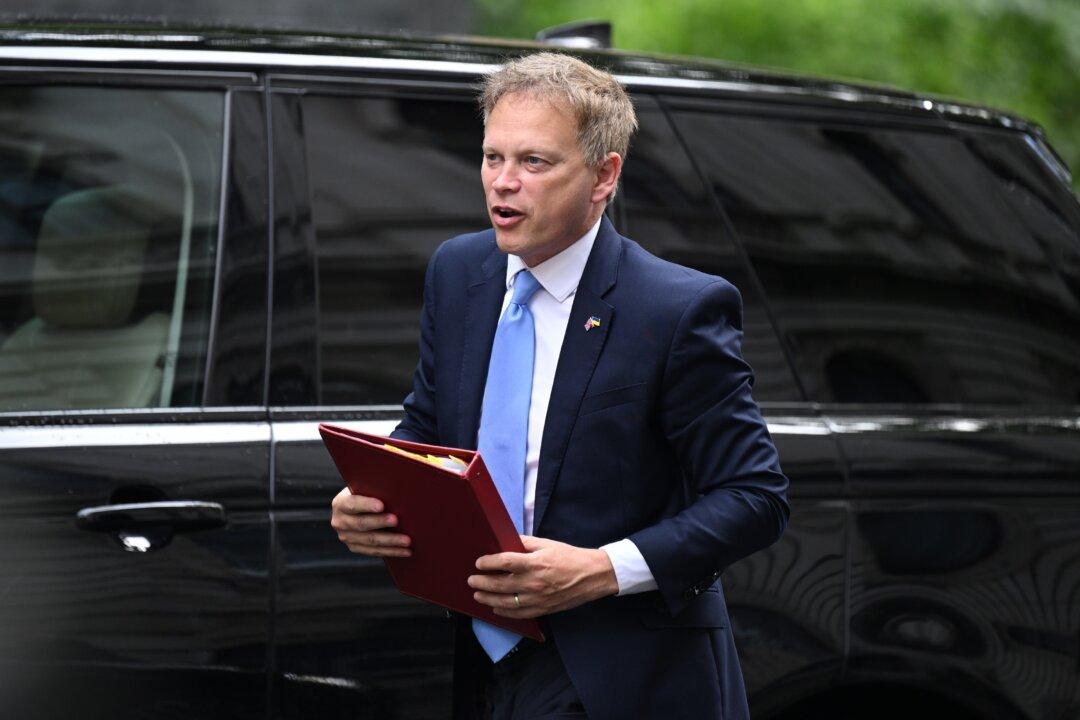Dominic Raab, Britain’s deputy prime minister and justice secretary, has lambasted the economic policies of Liz Truss, the front runner in the campaign to become Britain’s next prime minister as “an electoral suicide note.”
Raab, a Brexit supporter, was one of the few top politicians to stay in the cabinet after Prime Minister Boris Johnson announced he was stepping down in July. He is supporting former Chancellor of the Exchequer Rishi Sunak in his bid to become the next prime minister.




